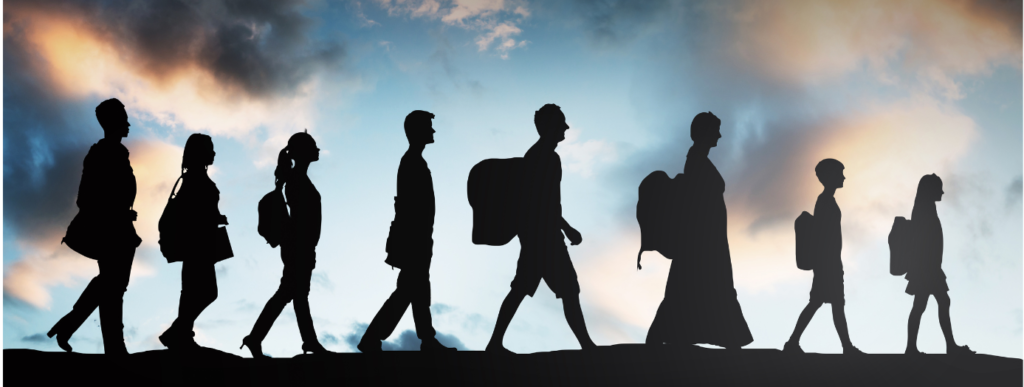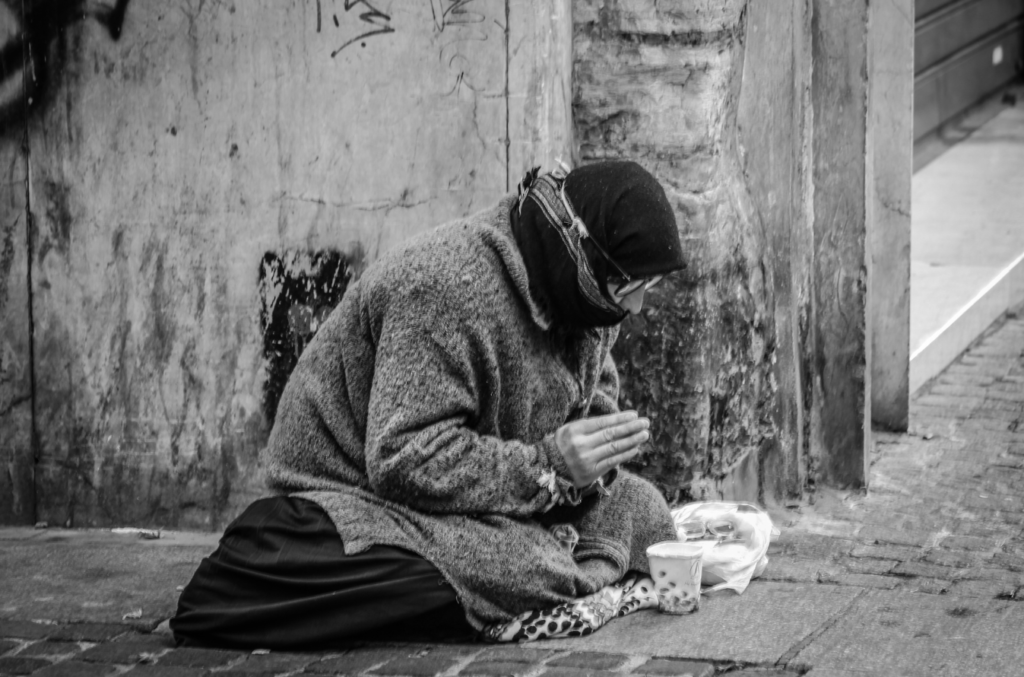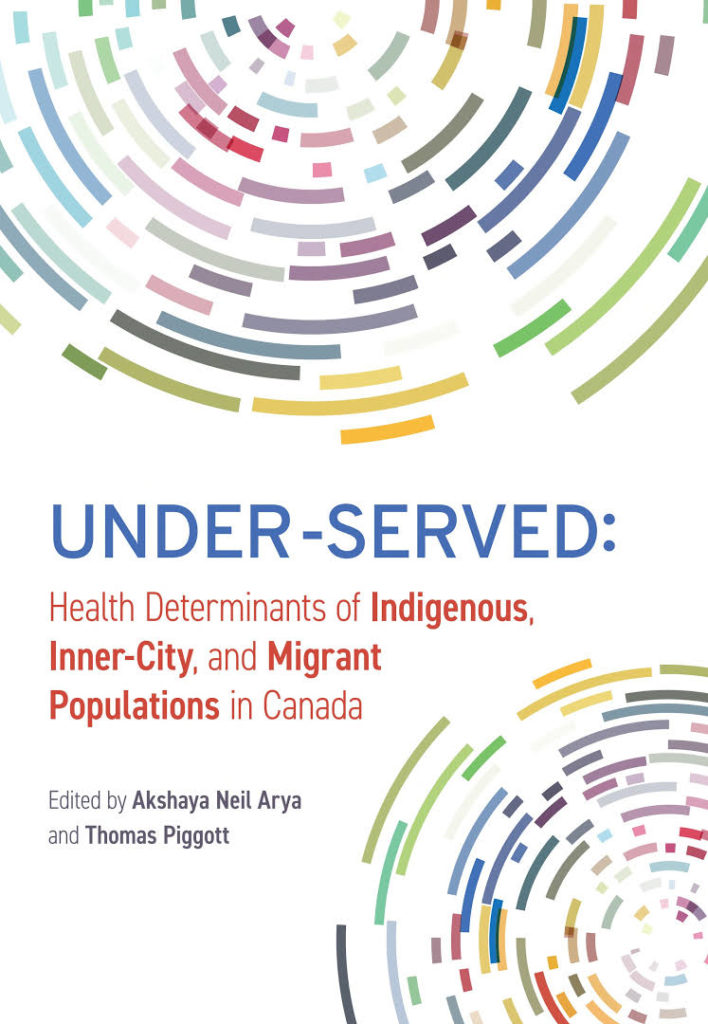
Marginalized people have poor control over their lives and the available resources. Their limited social role is something that causes low self-confidence, self-esteem and various psychological social marginalization and health problems. Being born and living in such an environment, results in the lack of motive to change such condition in each and every way. – Social Marginalization and Health
As I examine in my co-edited book Under-Served: Health Determinants of Indigenous, Inner-City, and Migrant Populations in Canada, historical, political, and social factors influence the health and health care of marginalized communities such as refugee, Indigenous, inner-city, and migrant populations in Canada. I seek to go beyond traditional determinants of health―social, economic, environmental, and behavioural elements―to include factors such as family and community, government policies, mental health and addiction, disease, homelessness and housing, racism, youth, and LGBTQ that heavily influence these under-served populations. In addition, I recognize the need for systemic change both in and outside of the Canadian health care system, therefore I work with and engage students in health studies, nursing, and social work in crucial topics like health promotion, social inequality, and community health.

I continue to work as the Founding Director of the Kitchener/Waterloo Refugee Health Clinic in collaboration with the Waterloo Region Reception House where I provide case-specific care to newcomers and those in need of specialized care. I was lead physician developing the Psychiatric Outreach Project, providing mental health for those homeless or at risk in St. John’s Kitchen in Kitchener, tasks which led to me receiving the 2009 College of Family Physicians of Canada Geeta Gupta Award for Equity and Diversity.

